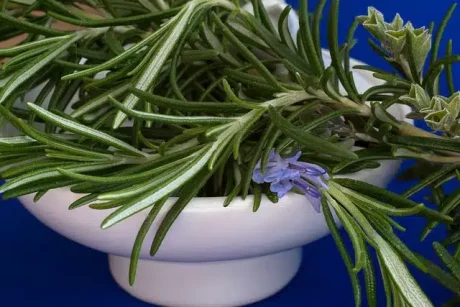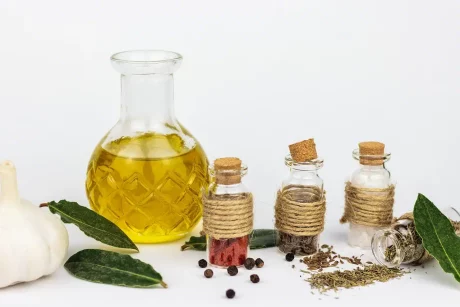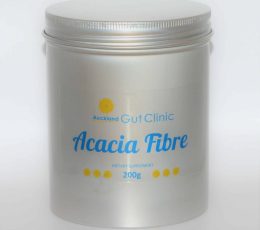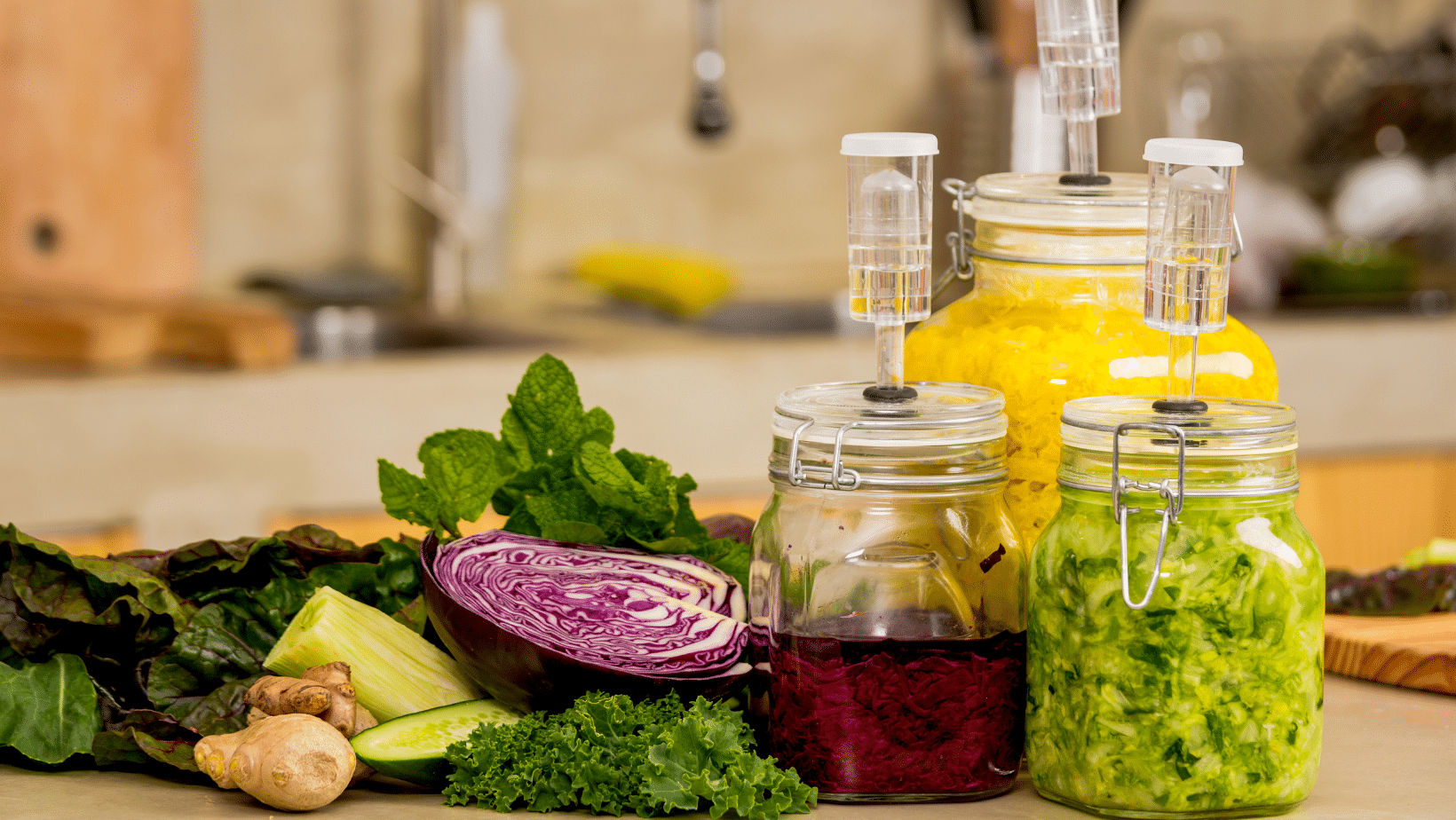Digestive bitters have been used for centuries as a natural digestive support to promote overall well-being. While they may not be as commonly discussed as other dietary supplements, digestive bitters offer a wide range of benefits that can contribute to improving your digestive health and overall quality of life.
In this blog post, we will explore what digestive bitters are, how they work, and why they are good for you.
What Are Digestive Bitters?
Digestive bitters are herbal extracts (which can be infusions or decoctions) or tinctures made from any of a variety of bitter-tasting plants and herbs.
Some plants are known for their bitter compounds, which trigger specific taste receptors on the tongue. This stimulates the digestive process. The bitter flavour is somewhat neglected in modern diets, as many people prefer sweet and savoury tastes.
However, including bitter herbs or digestive bitters in your routine can have several health benefits. A few are outlined here:
- Improved Digestion. The primary purpose of digestive bitters is to enhance digestion. When you consume bitter-tasting compounds, they stimulate the production of saliva and gastric juices, thus aiding the digestion of food in the stomach. Improved digestive function can alleviate common issues such as indigestion, bloating, and heartburn.
- Increased Nutrient Absorption. Digestive bitters not only help with digestion but also support the absorption of essential nutrients. Proper digestion is a crucial step in unlocking the full nutritional value of the foods you eat. By aiding in the breakdown of nutrients, bitters help you absorb and utilise these vital substances effectively.
- Reduced Sugar Cravings. Bitter tastes can help reduce sugar cravings and promote healthier eating habits. Many people struggle with sugar addiction, which can lead to various health problems, including obesity and diabetes. By incorporating bitter flavours into your diet, you may find that you’re less inclined to reach for sugary snacks and beverages.
- Liver Support. Your liver plays a crucial role in processing various substances and removing toxins from your body. Some of the bitter herbs used digestive bitters, such as dandelion and milk thistle, have been shown to support liver health. By supporting your liver to function optimally, your overall health may be enhanced.
- Appetite Regulation. Bitter compounds can also help regulate your appetite. By enhancing the feeling of fullness and satisfaction after meals, digestive bitters may prevent overeating and support weight management efforts.
How Does It Work?
Taste receptors in the mouth sense the five basic tastes: sweet, sour, salty, bitter, and savoury (also known as umami). These five tastes are distinct from one another and taste buds differentiate between each due to interactions with specific molecules (For a technical explanation, click here)
Here’s a simple explanation of how the bitter taste stimulates bile and gastric secretions:
- Tasting Bitterness: When you eat something bitter, like certain vegetables or herbs, your taste buds detect it. You might make a face because bitterness isn’t usually our favourite taste! For people who are genetically “PTC Tasters” this is decidedly unpleasant.
- Bitter Taste Receptors: Taste receptors on the tongue that are specifically designed to sense bitter flavours are activated. Think of them as sensors that send signals to your brain.
- Message to Brain: These bitter taste receptors send a message to your brain, saying, “Hey, there’s something bitter here!” Your brain then decides how to respond.
- Triggering Digestive Helpers: Here’s where it gets interesting. When your brain knows you’ve eaten something bitter, it tells your digestive system to get ready for action.
- Gastrin is activated: Gastrin, a hormone produced in the lining of the stomach and first part of the small intestine, is released and absorbed into the blood circulation.
- Bile and Gastric Secretions: Your stomach, liver, gallbladder and pancreas get the gastrin message. They start releasing bile and gastric secretions.
- The Digestive Team: Gastric secretions contain acids and enzymes that begin breaking down proteins and other food components. Bile helps break down fats in your food, making them easier to digest. The pancreas produces digestive enzymes, releasing them into the small intestine.
- Better Digestion: All these digestive juices and bile work together to make digestion more efficient. It’s like having a team of helpers that break down your food into smaller pieces so your body can absorb all the nutrients.
So, in a nutshell, when you taste something bitter, your body recognises it as a sign that it needs to get ready for digestion. This triggers the release of bile and gastric secretions, which help break down your food and make it easier for your body to process and absorb the nutrients it needs.
Bitterness might not be your favourite taste, but it does have an essential role in keeping your digestive system working smoothly!
Getting Bitters From Foods
Common bitter foods and beverages include coffee, plain (unsweetened) cacao (cocoa), dandelion root coffee, South American mate, bitter melon, citrus peel, some varieties of cheese, as well as many plants in the family Brassicaceae family (such as Brussels sprouts and rocket).
Adding common and wild garden herbs such as sow thistle (puha), watercress, nasturtium, dandelion greens, chicory, and endives to salads, or as part of an (aptly named) “appetiser” can stimulate the digestive system via the bitter-receptor mechanism.

Black, unsweetened coffee is inherently bitter.
For many people it is a reliable stimulant for the bowels, likely due to its action on the bitter taste receptors.
How does Coffee Work as a Digestive Stimulant?
Coffee works as a digestive stimulant primarily through the stimulation of gastric acid secretion and by promoting gut motility. Here’s a more detailed breakdown:
- Gastric Acid Stimulation: The inherent bitterness of coffee triggers the release of gastrin, and thus stomach acid – a key agent in the breakdown of food – facilitating the digestive process.
- Intestinal Muscle Contractions: The caffeine in coffee can enhance muscle contractions in the digestive tract, including the colon, thus promoting peristalsis. This helps move food through the digestive system, preventing constipation and encouraging regular bowel movements.
- Bile Secretion: Coffee can also stimulate the release of bile from the gallbladder. The increased bile production helps emulsify fats, making them easier to digest and absorb.
While coffee can have these digestive benefits for some people, it may also cause digestive issues for others, such as acid reflux, stomach irritation, or excessively increased bowel movements. Individual reactions can vary based on factors like sensitivity to caffeine and preexisting digestive conditions. It’s important to consume coffee in moderation and be mindful that it might effect your digestive function.
Make Your Own Digestive Bitters

Making your own bitters is pretty easy. After getting it ready, the biggest time factor is waiting for it to be ready, as the infusion process takes a few weeks.
Follow this step-by-step DIY guide to make your own digestive bitters.If you have an idea of what you want to put together, you can follow these instructions.
Get Ready

To get started you will need some alcohol (vodka is the best because it’s colourless and tasteless. An alternative to alcohol is apple cider vinegar or white vinegar), and a jar with lid, and herbs.
Gather a selection of bitter herbs and spices. You can use any selection of dandelion (greens, flowers and roots), dock roots, orange peel, ginger root, rosemary, star anise, fennel seeds, artichoke leaves, and nasturtium buds.
Directions

Chop the herbs and spices, and place in a clean glass jar with a tight-fitting lid (mason jars work well) and fill the jar with the alcohol or vinegar – the ratio should be about 1 part bittering agents to 5 parts alcohol if using dried herbs. If using fresh herbs and botanicals, aim for a 1:2 ratio of ingredients to alcohol.
Label the jar with the ingredients and the date.
Store in a cool, dry place, like a cupboard. Shake the jar each day.
Allow the bitters to infuse for several weeks. The length of time needed will depend on the ingredients used and how strong you want your brew to be. You can infuse bitters for as little as 5 days for milder bitters, or up to 3 – 4 weeks.
Strain your mixture using a cheesecloth, nut milk bag, or fine mesh strainer.
Bottle your bitters in glass bottles, ideally with dropper tops.
Use as per the instructions below.
How to Use Digestive Bitters
Digestive bitters can be taken in various forms, such as infusions, decoctions, tinctures, or even in your diet, as a part of your culinary creations.
Here’s how to incorporate them into your routine:
- Tinctures: Take a few drops of your homemade, or our convenient digestive bitters tincture before or during your meal.
- Herbal Tablets or Capsules: Swallow herbal tablets or capsules made from bitter herbs with water before meals. This is not as effective as tasting them on your tongue, but for some people (genetically “bitter tasters”) the bitter taste is intolerable.
- Culinary: Include bitter herbs like rocket, chicory, or endive in your salads or as garnishes for your dishes.
Conclusion
Incorporating digestive bitters into your diet on a daily basis can be a simple and effective way to support your digestive health and overall well-being.
By improving digestion, increasing nutrient absorption, and aiding in the regulation of appetite, digestive bitters offer a natural solution to many common digestive issues.
So, if you’re looking for a natural approach to better digestion and improved health, give digestive bitters a try – your body will thank you for it.















